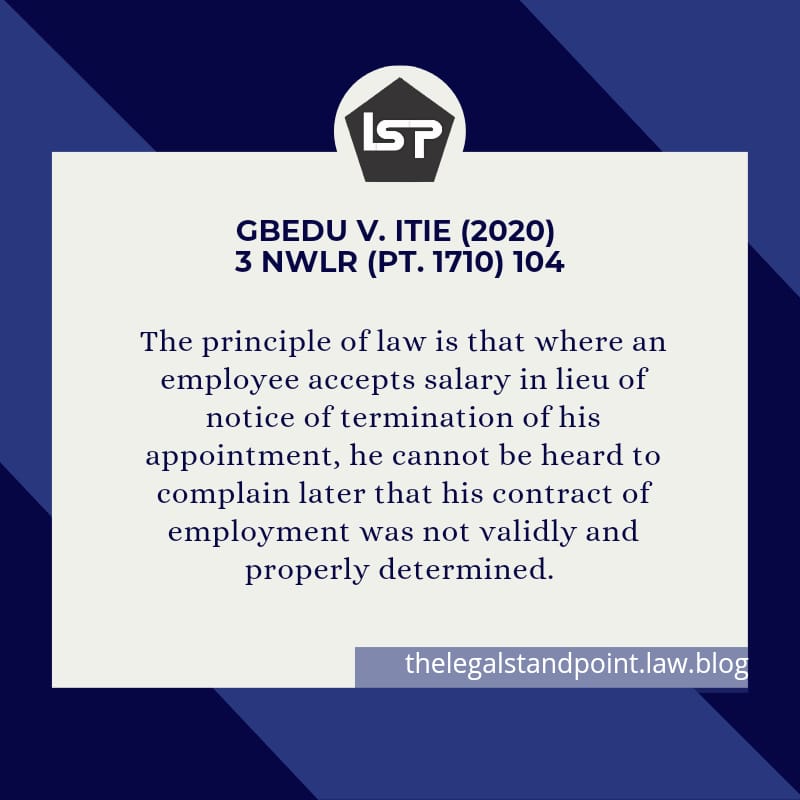
Defilement is one of the sexual offences under Nigerian Criminal Law. As a general rule, the offence of defilement is statutorily provided for under Section 218 of the Criminal Code Act. The section states that Any person who has unlawful carnal knowledge of a girl under the age of 13 years is guilty of a felony and is liable to imprisonment for life.
The Criminal Code Act is a federal statute applicable in Abuja. The act doesn’t have nationwide coverage as each state in the federation has the right to make its own criminal law. That explains why we have, for instance, the Criminal code law of Ekiti State, and the Criminal Code law of Delta state among others. The rationale is that crimes in Nigeria are generally territorial.
This distinction is important because the victim’s age for the offence of defilement varies according to each code. For example, in Delta state, defilement is a crime committed against a girl under the age of 11 years while in Lagos State, it is under the age of 18 years.
To succeed in a case of defilement, the prosecution must prove beyond reasonable doubt the following ingredients:
- that the accused had sex with the child who was under the age of 11 years;
- that there was penetration into the vault of the vagina; and
- that the evidence of the child must be corroborated.
The evidence for defilement is the same as in rape except that for defilement, it is immaterial whether the act was done with or without the consent of the child. A girl under the age of eleven is a child and so is not capable of consenting to sex. The court would hold that she did not consent even if she did consent. A child cannot consent to sex as held in Onwuta v. State of Lagos (2022) 18 NWLR (Pt. 1863) 701. Similarly, in Ahmed v. Nigerian Army (2016) 17 NWLR (Pt. 1540, the court held that in the offence of rape, lack of consent is material, in a case of defilement, the consent of the prosecutrix is immaterial.
In Adonike v. State (2015) 7 NWLR (Pt. 1458) 237, on or about the 16th day of June 2010, the appellant invited and requested a child of 5 years of age to buy a sachet of water for him. On her return, the appellant lured her into his room, pulled her pant, and had carnal knowledge of her. The appellant was arrested and charged to court for defilement punishable under section 218 of the Criminal Code Cap. 48 Volume 11, Laws of the defunct Bendel State 1976 as applicable in Delta State. The trial court sentenced him to six years imprisonment. The conviction was also affirmed by both the Court of Appeal and the Supreme Court.
Furthermore, when a child gives evidence and says that the accused had sex with her, the court cannot convict the accused on the uncorroborated testimony of the child alone. The evidence given by the child must be corroborated. Corroboration is independent evidence that confirms or makes more certain the testimony of the child and may be:-
(a)admission by the accused person that he committed the offence; or
(b)circumstantial evidence; and
(c)medical evidence.
In the instant case, the evidence given by the child(PW1) that the appellant forcibly had sex with her was corroborated by the evidence of PW3, the Medical Doctor, and exhibit A, the Medical Report which showed injury to the private part of the child. That, together with the positive identification of the appellant by the child (PW1) that it was he who lured her into his room and had sex with her, was conclusive that the evidence of the child was corroborated.
However, there is a clog in the wheel of justice relating to the offence of defilement. Section 218 of the criminal code provides, among other things, that cases of defilement of a child must commence within two months from the time it was committed. As held in Gbadehan v. Kiladejo (2012) 16 NWLR (Pt. 1326) 392, any provision in any law that imposes a limitation of time upon an existing right of action has the same effect as a statute of limitation. Where a statute of limitation provides a period within which an action must be commenced, legal proceedings cannot be instituted after the expiration of the prescribed period. An action instituted after the expiration of the period stipulated in the statute of limitation is not maintainable.
So in the case under review, the appellant was alleged to have had unlawful carnal knowledge a girl of five years on or about the 16th of June, 2010. The trial of the appellant did not commence until November, 2010, clearly above the two months prescribed by the law under which the appellant was charged.
Ordinarily, the law would have been allowed to take its course. But that was not the case here. Under section 218 of the Delta State Criminal Code Law Cap. C.21, Laws of Delta State, 2008 (under which the appellant was convicted), there is no provision for time-limit within which prosecution must commence in an offence of defilement. This is a welcome development by the Delta state government. It is suggested by this writer that the two months limitation period in the Federal Act be removed so that a pedophile would not escape punishment on the ground of technicalities.
Thank you for reading. See you next week.


